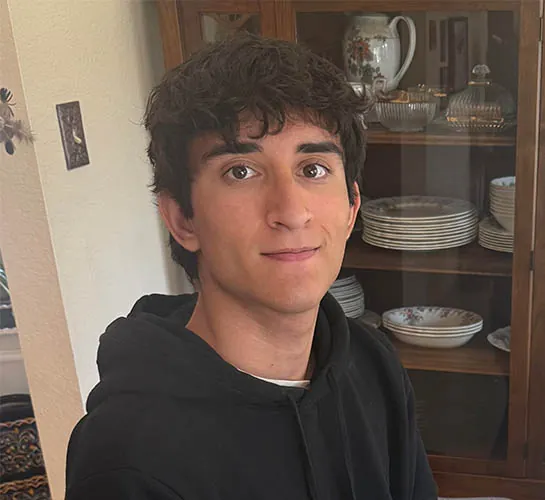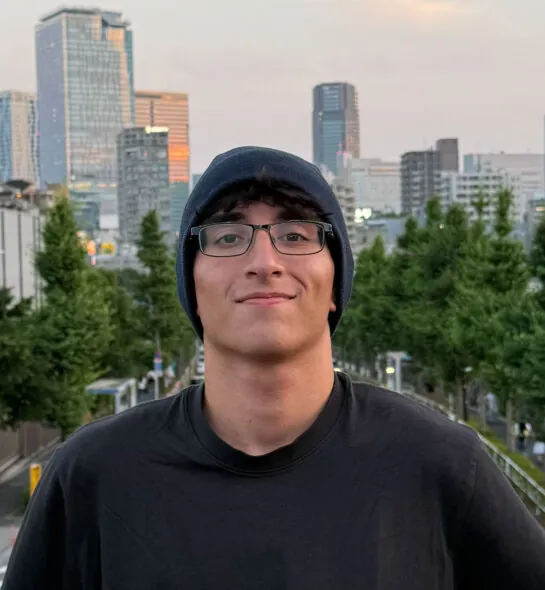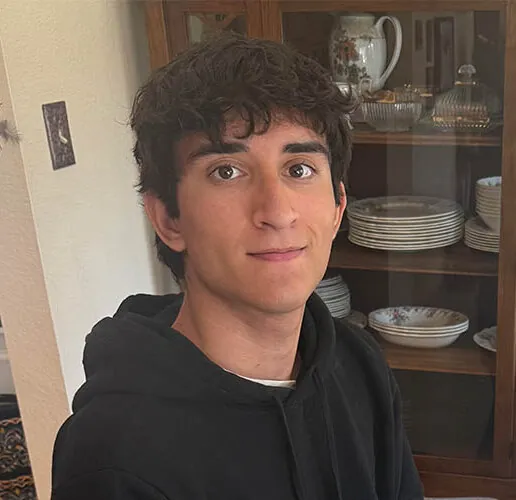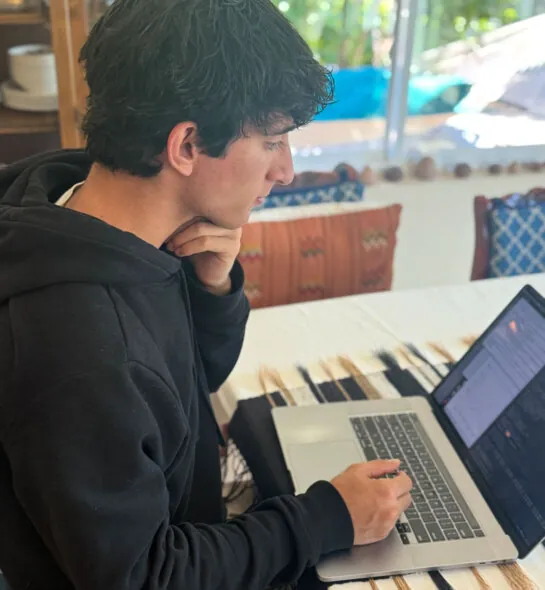Deeper Dive
My project was conceived while I was searching for a new exotic binary, a binary with either unique component stars or unusual interactions, that I could observe and found candidates astrometrically via the European Space Agency’s Gaia mission. After I queried a set of six million candidate binary systems, however, I realized I had no computationally efficient method of identifying which stars did in fact belong to a binary that I could potentially observe. To my surprise, the same problem existed for other astronomers. For example, the most expansive binary catalog to date has examined only about 5% of Gaia. To address this, I created the first automatic classifier for astrometric binaries using artificial neural networks, enabling astronomers to identify significantly more binaries than before with fewer computational demands.
Developing the first tool that can quickly and accurately identify binaries within sky surveys and space missions that have upward of 10^18 candidate systems is a game changer for astrophysical investigations. For example, wide sky surveys, and Gaia in particular, have revitalized interest in X-ray binaries, binary systems where one component is a black hole or a neutron star. These are most efficiently found with astrometric techniques, given the fit of a binary template onto one star despite the other being unseen due to its magnitude in a given wavelength. Even beyond the search for nearby black hole populations, there are many investigations my work can aid, ranging from open cluster dynamics to stellar evolutionary templates.



